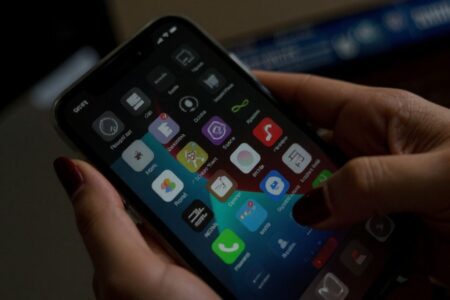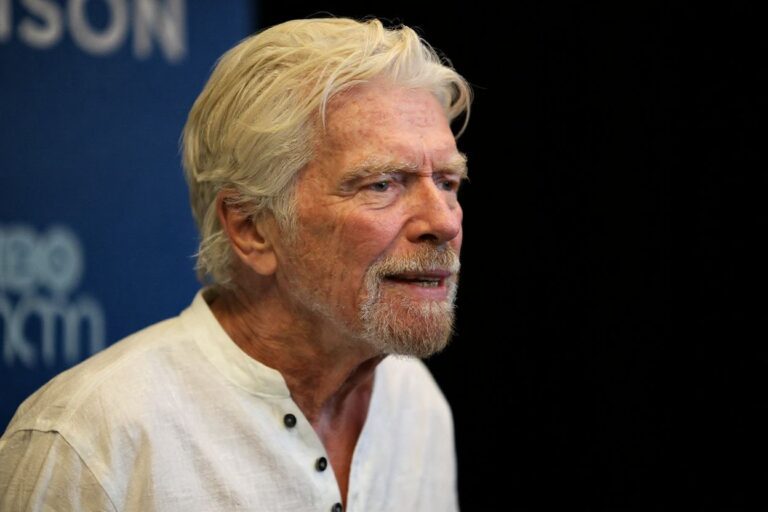
We’ve heard loads about the best time-management skills out there and how they can help everyone from college students to working parents.
Several studies have shown that with good time-management, you can improve your career, academic performance and well-being.
You’ll get more things done and make the most of your limited time. You’ll breeze through your to-do list like a boss.
It’s about coming home from class or work, setting aside time to complete your assignments, clean up, get food, and maybe squeezing in an hour or two of game time before getting all that quality snooze time in.
Questionable time-management is coming home from school and falling asleep on the couch for five hours before waking up and realising you have chores to handle, no dinner and lying awake until 4 a.m.
This is a hot mess.
Despite knowing good time-management is essential to living our best lives, most of us always feel like sleep-deprived zombies running on fumes.
We’re always struggling to keep up, feel like there are never enough hours in the day and barely getting five to six hours of sleep.
So, what gives? Why do we do this to ourselves?
![]() Almost every self-help guide tells us to exercise but most of us can’t set aside time to do that.
Almost every self-help guide tells us to exercise but most of us can’t set aside time to do that.
Why do we feel like we don’t have enough time?
If you’ve ever been so busy you had to choose between eating and using the restroom, you’re not alone. In fact, six out of 10 people say they don’t have enough time to get everything done in within a day.
Researchers call this “time poverty,” which is the feeling of having too little time to both the must-dos and the wanna-dos.
There are three major factors behind this:
- Doing too much
- You feel like time is your enemy
- You’re not living in the present, but the future
Despite how we feel, we live in a world where working hours for the average worked have “decreased dramatically over the last 150 years.”
In 1870, the average American worked around 3,096 hours in a year. In 2017, that figure has gone down to 1,757 hours.
That’s not the case in developing countries like China, India, and the Philippines, however, where from 1970 to 2017, the average working hours held stead around 2,000 hours per year.
Perhaps we feel time-poor because of how we spend our time. Nearly 60% of the world use social media and spend around 2.5 hours a day on it. That’s 864 hours (36 days) in a year.
Doomscrolling and feeling inadequate by comparing ourselves to jet-setting genetically-blessed influencers almost never make us feel good about ourselves.
Is there a way around this? Who can we look to for advice?
 No matter how busy Barack Obama was, he always had time for his wife, Michelle.
No matter how busy Barack Obama was, he always had time for his wife, Michelle.
12 great time-management skills from the busiest people in the world
When it comes to unlocking the secrets to reclaiming our precious time, the world’s busiest people know a thing or two.
For leaders of companies or governments, time is their scarcest resource. So much so that some have entire teams to help them allocate it best.
In one Harvard study, CEOs were found to work 9.7 hours per weekday on average. They spend 79% of weekends working, or around 3.9 hours daily.
They also work during vacation, as much as 70% of their paid time off (or 2.4 hours daily). i
It’s a relentless schedule with too many shareholders, customers, employees, the board, the media, government, community organisations, and more to meet and attend to.
Country leaders are like CEOs with their punishing schedules as well. Barack Obama reportedly started work at 9.00 a.m. after a daily morning exercise routine, and was known to at times to work until 2.00 a.m. the next day.
To make it work, they have mastered the art of time-management skills. Below are the 10 most effective time management skills from the world’s busiest CEOs and presidents:
Plan ahead as much as possible
Obama is famous for his killer time-management skills. Despite going to bed late frequently, he prioritises an early start to his day, getting right to work in the morning.
His secret? A great routine and a pre-planned schedule. By knowing what he needs to do for the day ahead, Obama manages to stay productive and make efficient business decisions.
To him, it prevents him from wasting time and willpower on trivial and unnecessary things, and helps to focus on what really matters.
Work less
We’re serious. Don’t believe us? Take a look at John Kennedy, the youngest person to be elected President of the US.
Despite having severe health problems, Kennedy – or JFK as he’s commonly referred to as – maintained a high level of productivity even in tight time frames.
His trick was taking a nap for one or two hours every day. When he napped, no calls were allowed, no folders were sent up, and no one was allowed to interrupt his sleep for any reason. This allowed him to reset, relieve his stress and work longer hours.
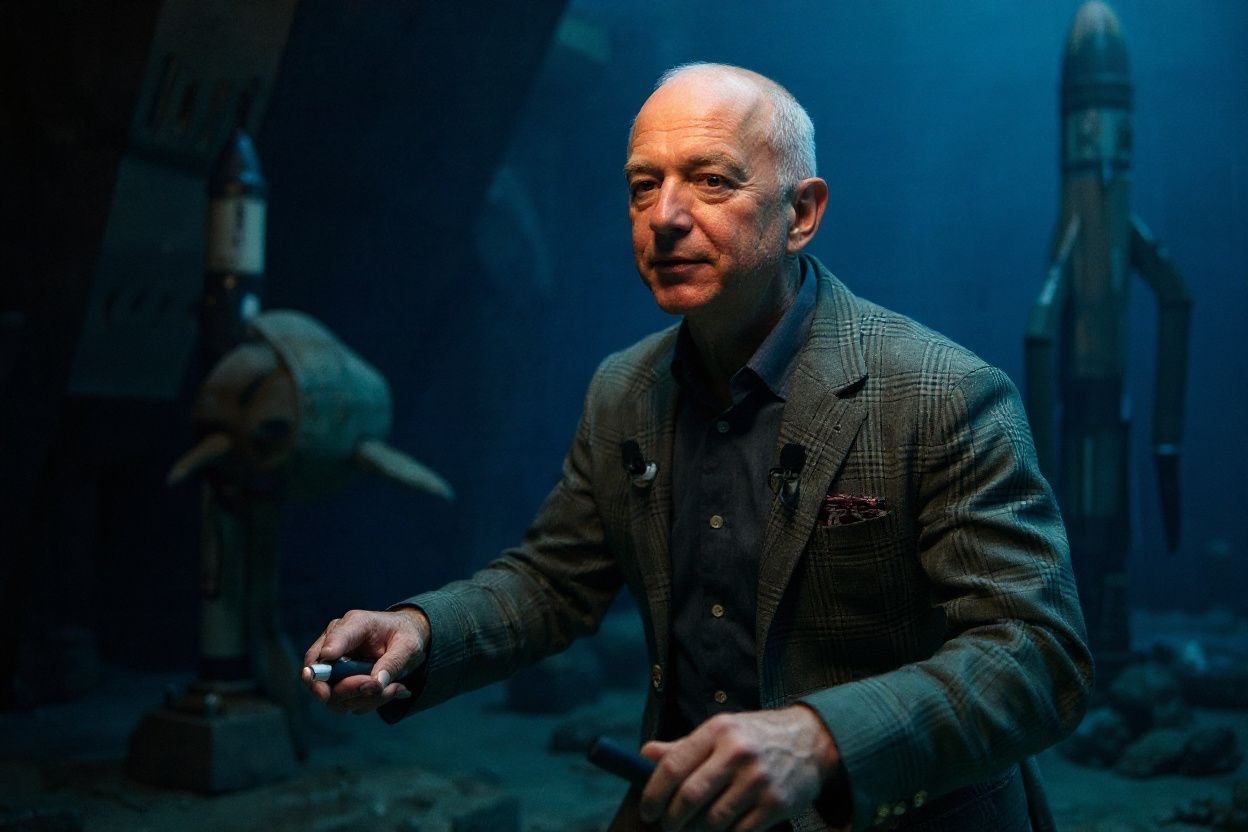 In his spare time, Jeff Bezos enjoys gliding about in a submarine looking for old NASA rockets.
In his spare time, Jeff Bezos enjoys gliding about in a submarine looking for old NASA rockets.
Stay on track for long-term planning
Jeff Bezos, arguably the world’s richest man, wrote in a 1997 letter to shareholders:“It’s all about the long-term.”
Since the beginning, he had a big-picture vision for Amazon. He wanted to create a place where anyone could find and discover anything they wanted to buy online.
It takes a lot of discipline and optimism to stay on track, especially when faced with pressure from stakeholders to bend to short-term profitability goals.
But in reality, sometimes these short-term goals waste more time and resources that could have been spent on the bigger picture.
To Bezos, it was key that he stayed on track in order to maximise his time-management and business efficiency. Every business decision was made with the long-term in mind, barely buckling to short-term profitability considerations or trends.
Frequenting social media
No, seriously. Billionaire Richard Branson’s tip for efficient time-management is waking up early, answering his emails and keeping his finger on the refresh button of his social media, while exercising and spending time with his family.
It’s incredible how the co-founder of Virgin Group juggles so many things, yet frequently writes relevant articles and content on his blog to stay in touch with his audience.
“Being a modern business leader is all about having your finger on the pulse and knowing what you’re talking about,” says Branson in a blogpost. “I’m constantly connected and engaged. And I like it that way.”
To him, social media is a way of keeping tabs on his teams and his customers. He calls it “having an ear on the ground in all corners of the globe”. It’s the best way to stay updated with the latest news, hear new feedback and make good business decisions based on the results.
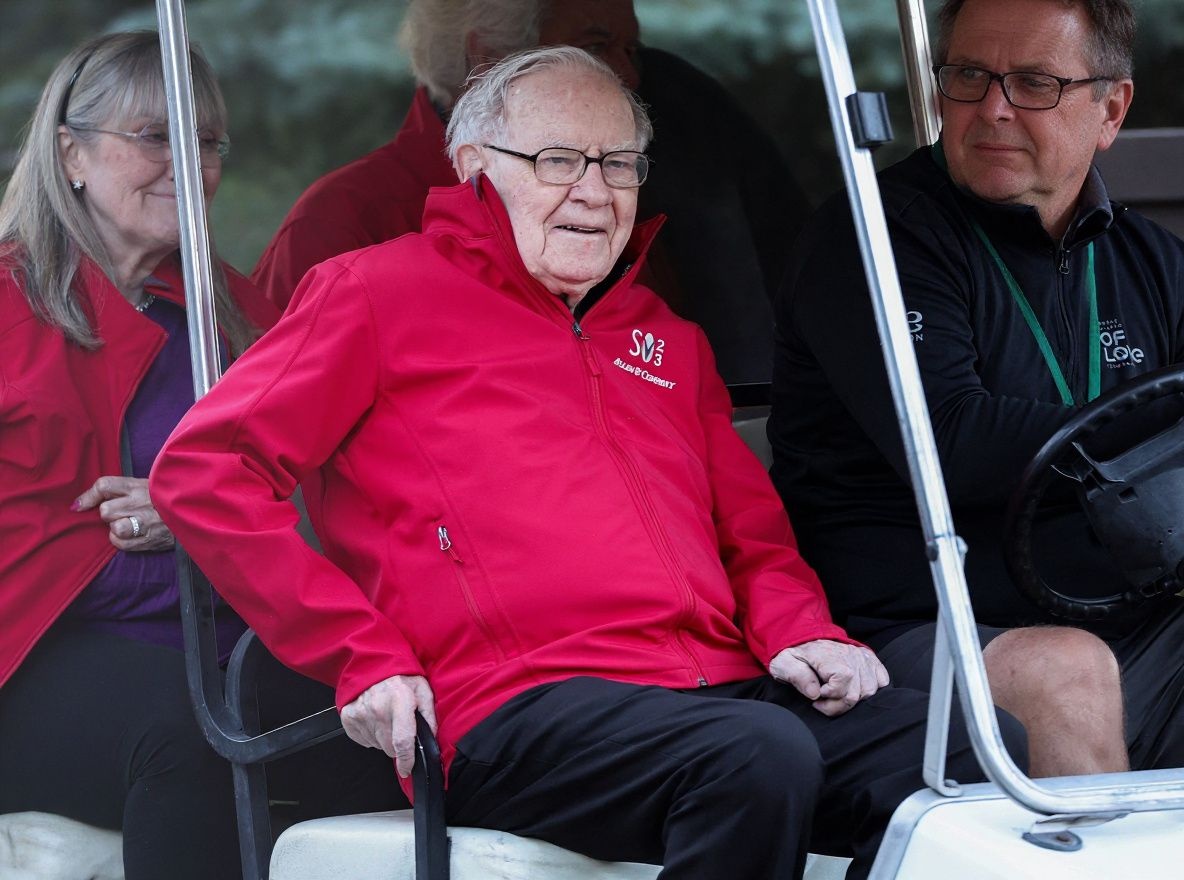 Warren Buffet claims to spend about 80% of his free time reading.
Warren Buffet claims to spend about 80% of his free time reading.
Say no
Warren Buffett, co-founder, chairman and CEO of Berkshire Hathaway, said in an interview, “People are going to want your time. It’s the only thing you can’t buy. I can buy anything I want, basically, but I can’t buy time.”
As a result, the world’s most famous investor avoids cramming his calendar with unnecessary activities by doing one simple thing – saying no.
Chunking tasks
Motivational guru Tony Robbins is passionate about good time-management skills. In fact, he’s written a whole list of them.
“Most of your stress is because you’re thinking about too many things at once,” says Robbins.
He offers a simple solution – chunking tasks.
When you’re facing an overwhelming amount of tasks around a singular outcome, you should create to-do lists by chunking related tasks into smaller groups. This will help you zero-in on important tasks better, so that they’re easier to manage and tackle.
To Robbins, better time-management skills start with exactly that – narrowing down what exactly needs to be done. From there, you can then create smaller goals that ladder up to your desired outcome.
The Eisenhower Decision Matrix
Dwight Eisenhower was a busier man than most. Besides being the 34th US president, he also commanded the Allied Forces in World War II. This meant making business decisions and tough calls that influenced the lives of others on the daily.
Eisenhower used to say: “I have two kinds of problems, the urgent and the important. What is important is seldom urgent, and what is urgent is seldom important.”
To tackle his busy schedule, he created a priority matrix, which is now called the Eisenhower Decision Matrix. It divided tasks into four categories:
- Important and urgent: Focus on these tasks and get them done as soon as possible
- Important and not urgent: Schedule time when you’ll be able to handle these tasks
- Urgent and not important: Delegate these tasks to others to get them done sooner
- Not urgent and not important: Don’t do these tasks at all – save your time and energy for more critical ones
Distributing tasks by these four categories helps to structure your day and allows you to spend your time more mindfully.
Day theming
Jack Dorsey, former CEO of Twitter and current CEO of Block, practices day-theming as his time-management technique.
In a 2012 interview, he explained that each day of the week was given a specific theme. Mondays are reserved for management, Tuesdays are for product, engineering, and design, Wednesdays are for marketing, growth, and communications, Thursdays are about partnership and developers, and Fridays are all about company and culture.
It helps Dorsey and his team work more efficiently because day-theming allows them to enter a day-long flow state. To him, it’s much easier to get things done – and done well! – when you’re fully immersed and engaged in what you’re doing, rather than jumping from task to task.
Divide time into different buckets
Bill Gates, co-founder of Microsoft and one of the richest men in the world, was such as busy man that he frequently competed with his colleagues to sleep as little as possible.
While awake, he scheduled every five minutes of his day to get as much done as possible.
Thankfully, he eventually realised that it wasn’t a plausible way to survive. He then decided to divide his work hours into four buckets, and dedicated 25% of his schedule to each. While still technically time-blocking, it was much more adjustable as compared to his five-minute blocks.
He used this technique to optimise his time and strategise goals, which gave him leeway to incorporate adjustments and roadblocks while still remaining productive.

Today, Forbes estimates Oprah Winfrey's net worth to be US$3 billion. She holds the distinction of becoming the first black woman in history to become a billionaire.
Stop multitasking
Oprah Winfrey is a busy woman – from running her TV network and production studio to her insanely popular book club and award-winning talk show, the media mogul has a lot on her plate.
But despite having to do multiple things, Oprah’s rule is always to give each project her undivided attention.
“I have learned that your full-on attention for any activity you choose to experience comes with a level of intensity and truth. It’s about living a present life, moment to moment,” says Winfrey.
“That whole thing about multitasking? That’s a joke for me. When I try to do that, I don’t do anything well.”
Take time to understand what you enjoy
Jack Ma once hit worldwide headlines for saying he was open to a 12-hour working day.
“If we find things we like, 996 is not a problem,” he said, admitting that “if you don’t like [your work], every minute is torture”.
While his statement received many mixed results, the co-founder of Alibaba has always believed that if you understand how to enjoy what you do, you won’t feel restricted.
His tip? Spend time outside of work — 10 minutes a night — to work on your vision for the future, or immerse yourself in a side project.
“I always tell myself that we are born here not to work, but to enjoy life. We are here to make things better for one another, and not to work. If you are spending your whole life working, you will certainly regret it,” said Ma.
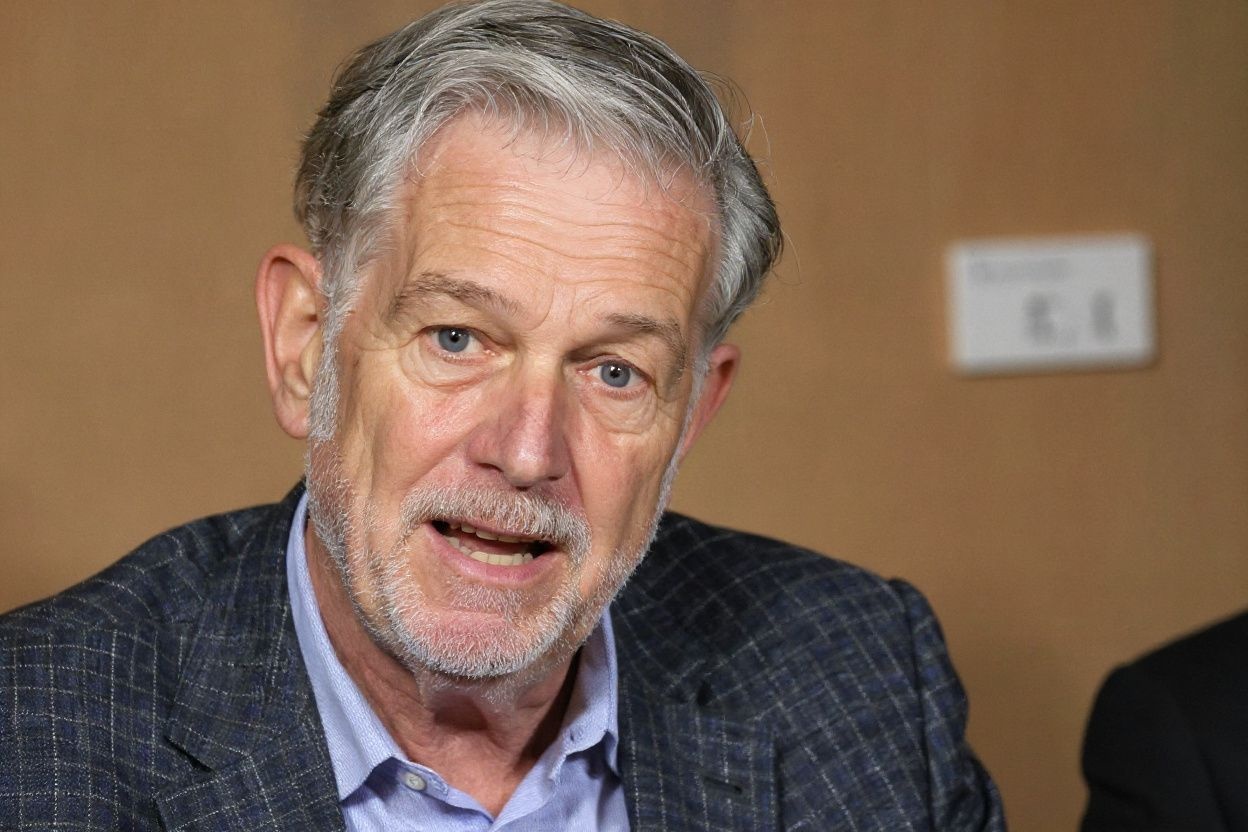 Reed Hastings is popular for his management style.
Reed Hastings is popular for his management style.
Go on vacation
Even the busiest people need a break to focus on their work-life balance. Reed Hastings, co-founder and chairman of Netflix, takes six weeks of vacation a year, and encourages his employees to do the same.
“I take a lot of vacation and I’m hoping that certainly sets an example,” he said. “It is helpful. You often do your best thinking when you’re off hiking in some mountain or something. You get a different perspective on things.”
Disclaimer: This article was last updated April 30, 2025.









